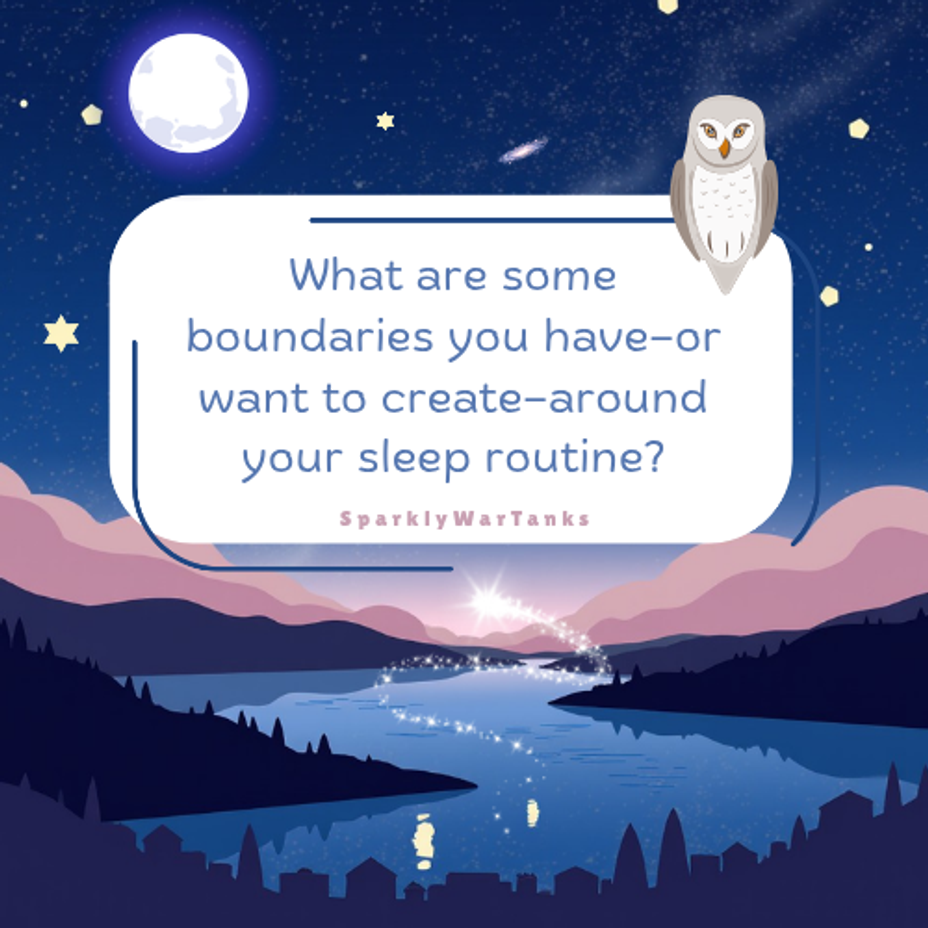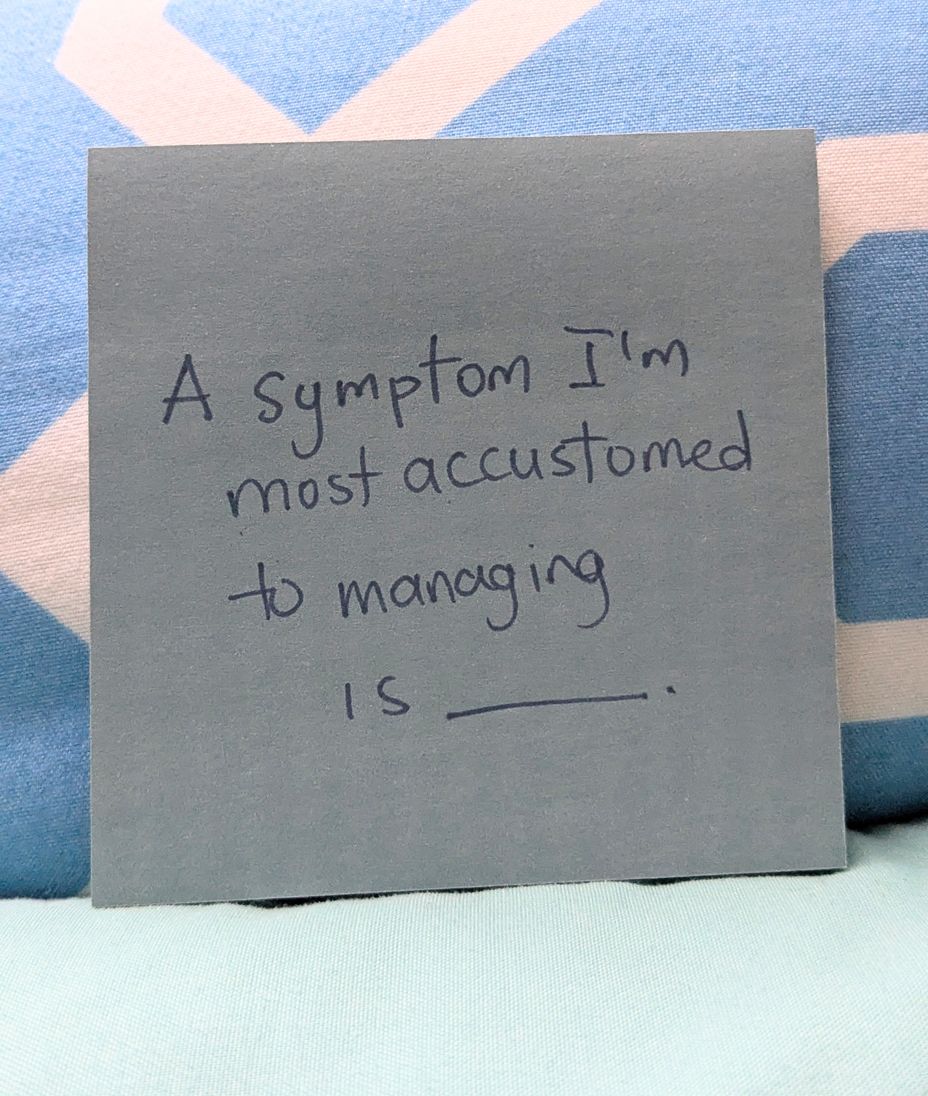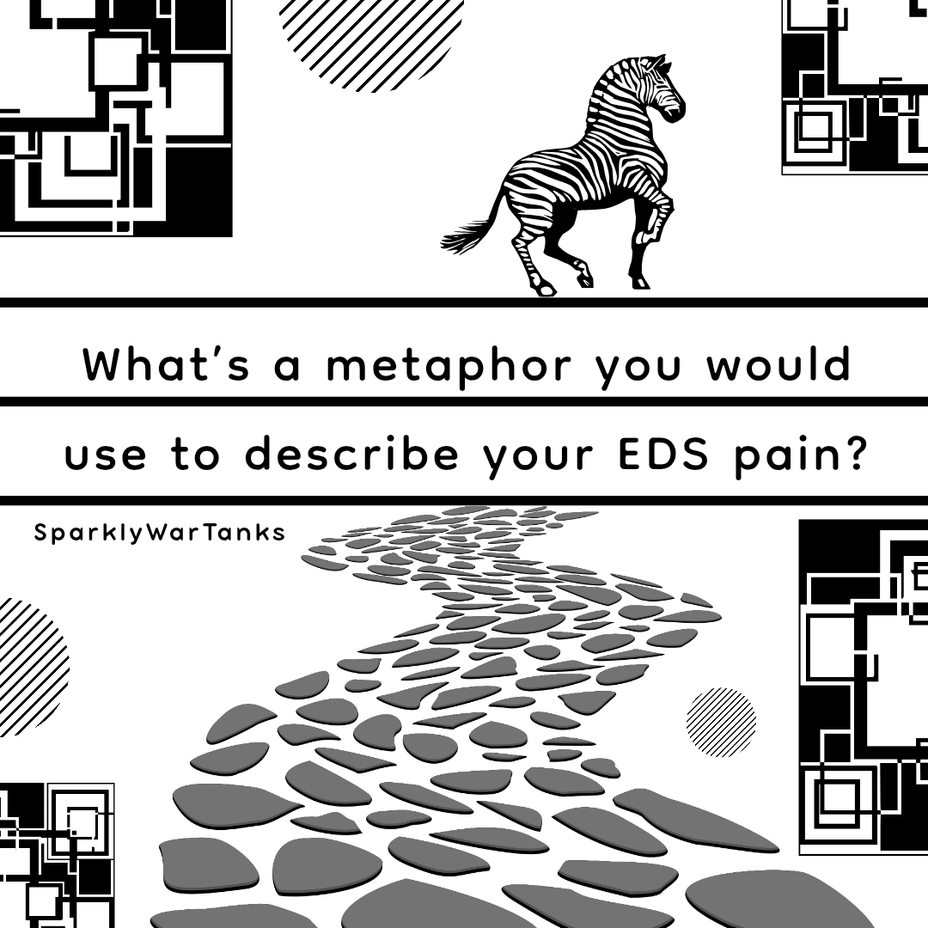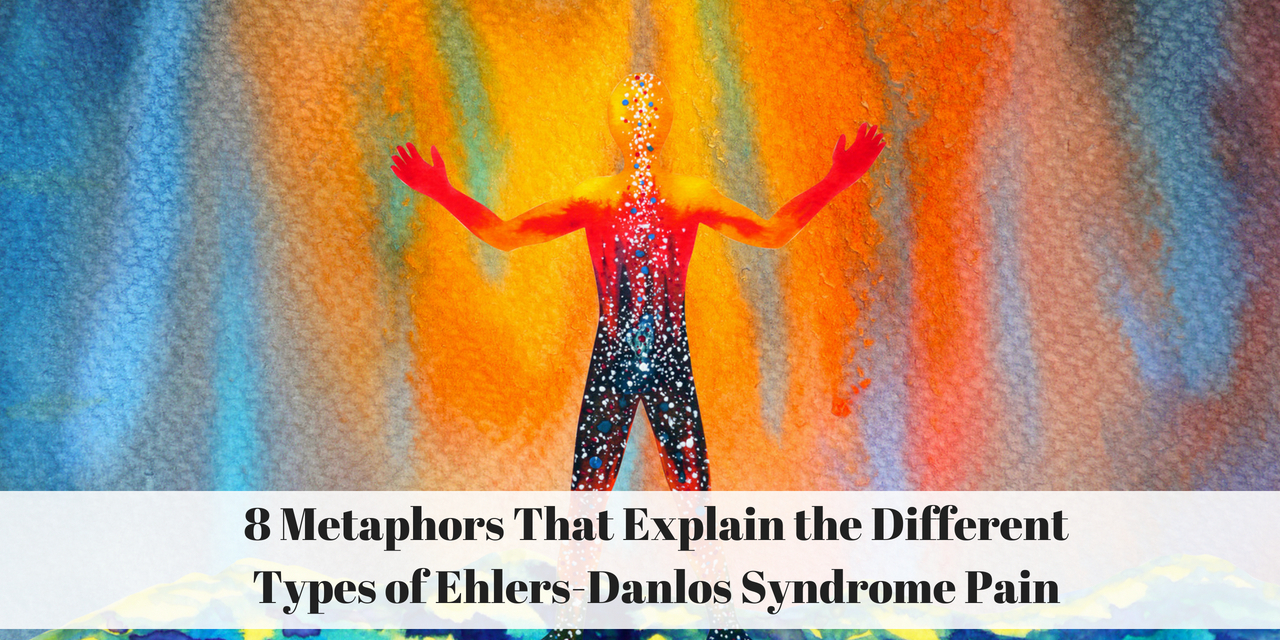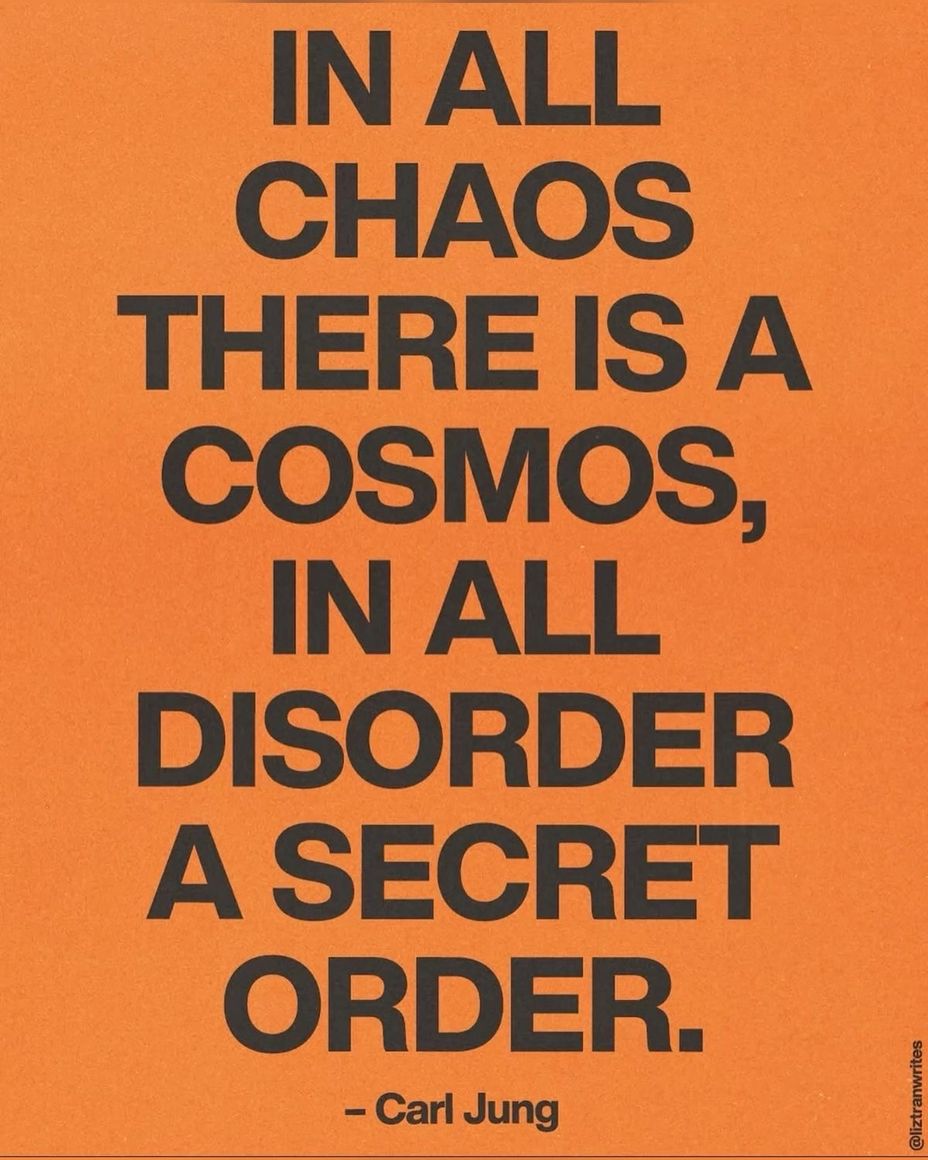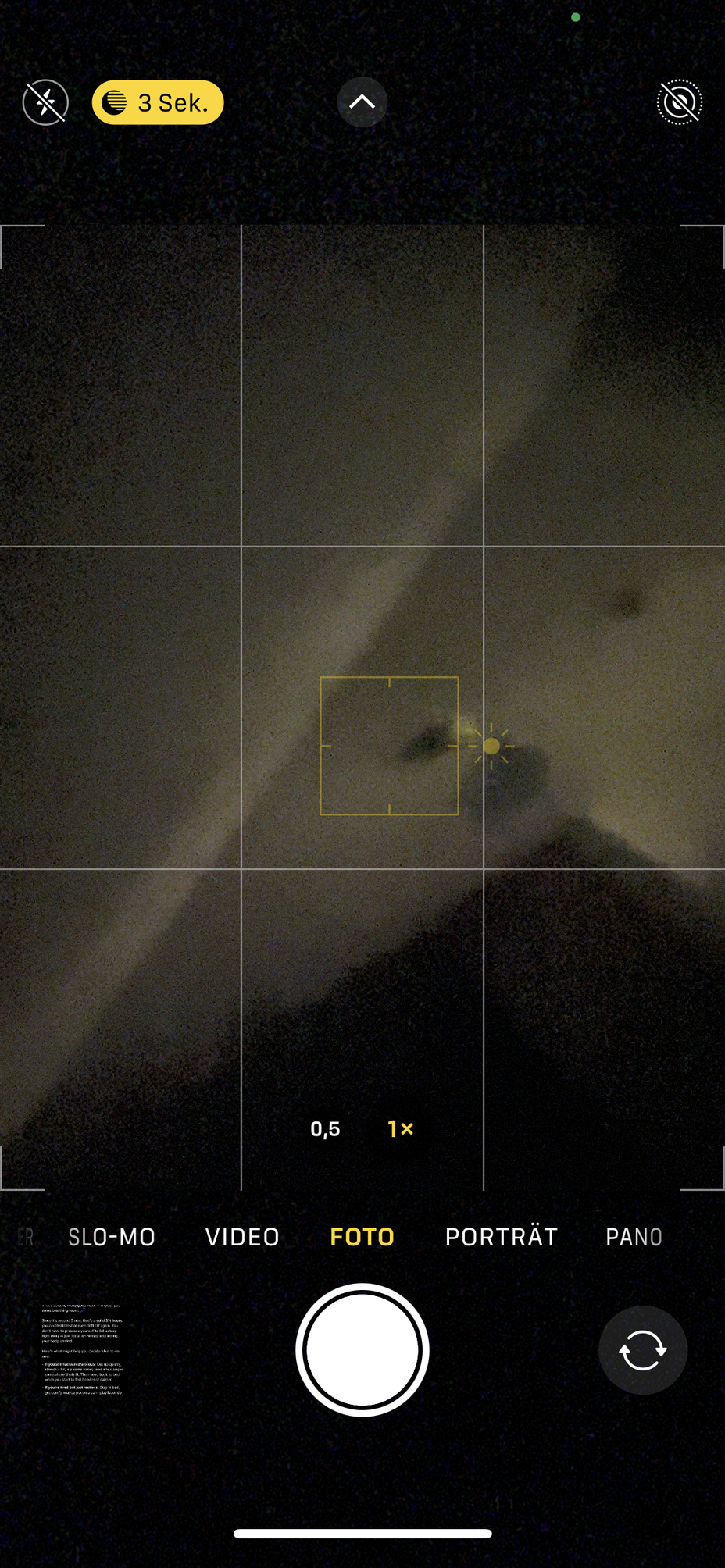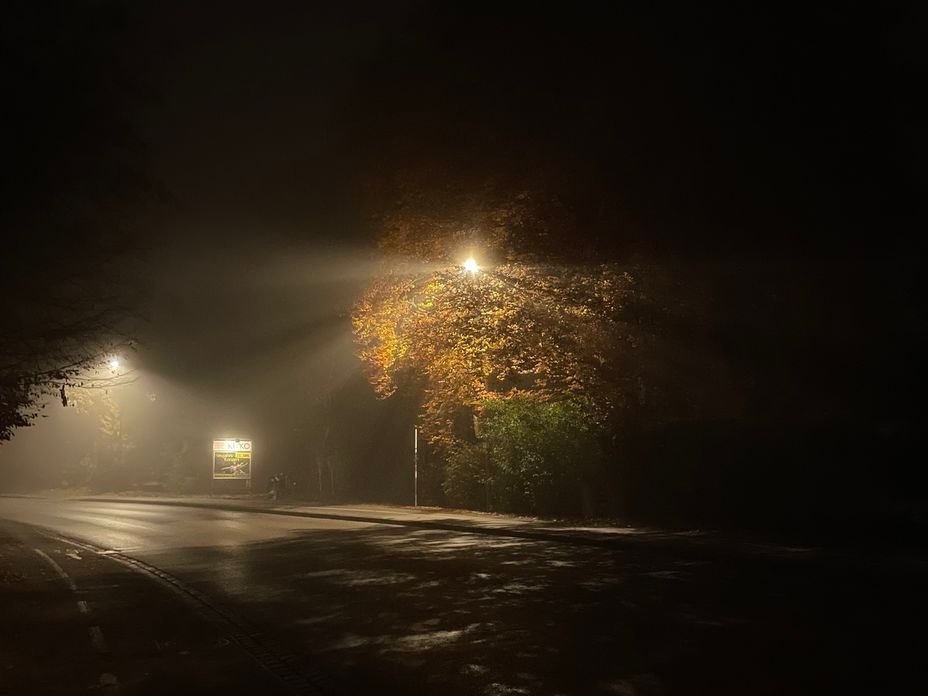What are some boundaries you have—or want to create—around your sleep routine?
Creating boundaries, limits, or self-rules around my sleep routine can be really hard for me, but I know how important it is. A lack of sleep can significantly impact the symptoms I experience, both mentally and physically.
One boundary I want to create is getting at least 7–8 hours of sleep (ideally 8, though I know that can be challenging at times). I also want to practice patience with myself on nights when I get less rest—by going slower the next day, taking my time, and being kind to myself and my expectations.
My goal is to be more consistent with when I start winding down for bed, intentionally building real sleep habits and sticking to them. I want to practice more discipline around my sleep because it’s such an important part of my health.
What about you? What boundaries do you have—or want to create—around your sleep schedule or routine?
#Insomnia #ChronicPain #ChronicIllness #SleepApnea #Depression #BipolarDepression #Anxiety #MentalHealth #Disability #MultipleSclerosis #CheckInWithMe
